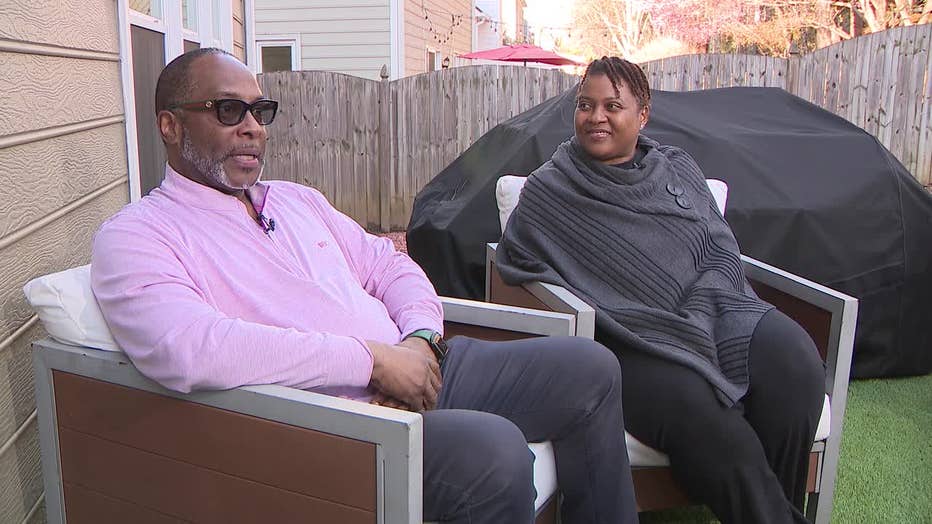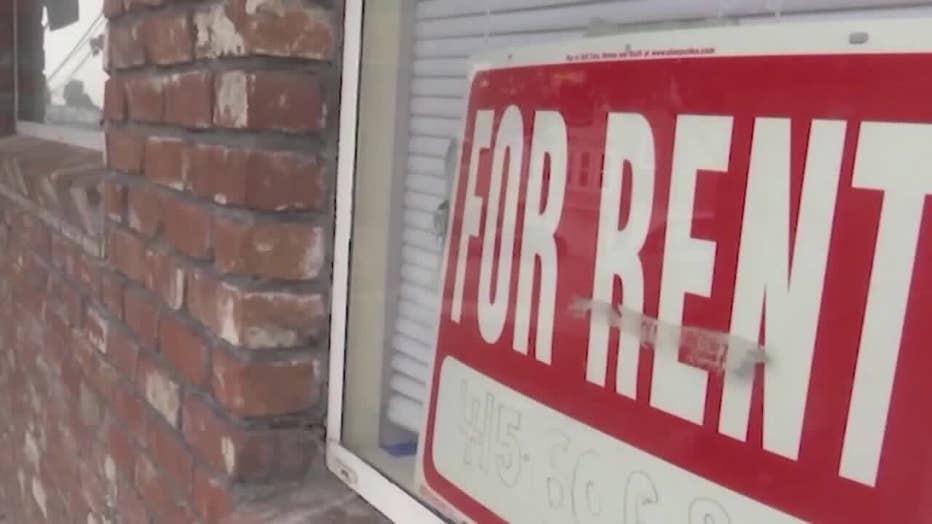'Black Mecca' expanding to north Metro Atlanta suburbs
New census data shows diversity increasing in suburban cities around Atlanta
Since 2010 in Johns Creek, census data shows diverse communities grew as nearly 15% of the city's white population moved. It isn't the only city near Atlanta that is experiencing demographic change.
ATLANTA - There's something satisfying about putting the correct puzzle pieces together. If you have to force it, it probably isn't meant to be. If only finding the right place to live were that obvious.
For the Phillips family of four, in some ways, it was.
"We really get the best of what's called 'metro Atlanta,'" Antonio Phillips said.
It's been nearly two years since they moved just north of Atlanta, right on the Johns Creek/Alpharetta line.
They say the impeccable schools and job opportunities pointed them to this region.

Odds are you've heard someone refer to Atlanta as "Black Mecca," but new census data shows Atlanta's suburban cities are becoming more diverse. The areas with the fastest growing Black populations have shifted.
For decades, Black people have found success in many of its south and western suburbs such as Henry County, Stone Mountain, Fayetteville, and Douglasville. They're all around, but not quite the city.
"Many any single fam homes will be $500-700,000. If they have that capital, it makes sense for Black families to stay [in Atlanta], but many Black families are seeing $300,000 single-family homes in the suburbs," Georgia Tech Assistant Professor Allen Hyde said.
According to census data, over the past 10 years, dozens of Georgia cities have become majority-minority.
Many of them are just north of Atlanta such as Dacula, Snellville, Suwanee, Peachtree Corners, and the Phillips' stomping grounds, Johns Creek.
"We are considered the most diverse city in Georgia. Had the first ever for a city Diwali festival. We just celebrated Lunar new year," Johns Creek Mayor John Bradberry said. "Fifteen years ago they were talking about the transition from semi-rural to suburban. The last one we did about five years ago talked about going from suburban to semi-urban."
The Phillips say their kids don't have an abundance of teachers or peers who look like them-- yet. But they are excited to have the entire metro to diversify their experiences.
"We still have a sense of community, even though we're not in the heart of the city," Charmina Phillips said. "Our daughters are kid-preneurs. They're at the New Black Wall Street [in Stonecrest] every week."
But they say there is a downside to living in such an expensive and sought after area.
"It has to do with the timing of real estate right now. since the pandemic, there's been a 20 or 30% increase on homes. That has been a struggle," Antonio Phillips said.

For the first time since moving from Florida, the Phillips rent their home. Their two elementary school kids have noticed.
"They said, 'Daddy, this backyard is not appealing,'" Antonio Phillips said while laughing. "[In Florida] we had the lake behinds us. It was greener, but we moved here with intention, and they're realizing it more now than before. Extracurricular activities are right here. Everything is."
The family hasn't ruled out making adjustments in the long run.
"I cannot see how we'd be able to purchase a home within 5 miles of this home. We can't do both. It just doesn't work," Mrs. Phillips said. "The reality is at some point in time we're going to have to make that hard decision."
In November, JPMorgan Chase announced a joint venture with Haven Realty Capital. They'll build new "for-rent homes," usually on empty plots of land, in Atlanta and surrounding counties to help alleviate the affordable housing shortage.
"We're seeing a lot of investment that you didn't see in the 1970's in majority black impoverished areas," Hyde said. "Basically, the winners keep winning."
"White families are moving to the city. we do have a discussion about gentrification. We also see people who see new homes and see that as an investment opportunity for them."
Since 2010 in Johns Creek, census data shows diverse communities grew as nearly 15% of the city’s white population moved.
"No one is going to say, 'I'm moving out because my community is becoming too diverse,'" he said, acknowledging the increasing demographic changes.
The Phillips say the unifying factor is everyone's desire to find and thrive in that place that's their own personal perfect fit.

